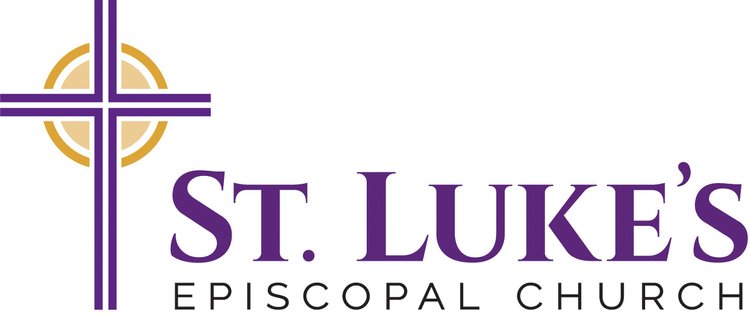Courageous Conversations by Bishop Porter Taylor
Courageous Conversations
I had the privilege of participating in last week’s Clergy and Lay Professionals Conference at Shrine Mont. The leaders were from Courageous Conversations, an organization that enables people to have constructive conversations around race and racism.
Often when I think about how to address the embedded racism in our country and, more to the point, in my city and in my life, I get paralyzed. Who am I to say anything constructive, and where would I start to do anything that’s transformative? Most of the time I try to ensure my actions are not tinged with racism. I think before I speak; and I don’t presume that all is well. I mean my default is about not making a mistake rather than about being open to personal and communal transformation. I don’t want to be part of the problem, but often I am not clear on how to be part of the solution.
What I learned from the retreat is that, while I carry a lot of racially tainted presuppositions as a white Southern middle class 71-year-old male, my past does not dictate my present or my future. My work starts with my being honest about myself and my blind spots. I look at:
· How my beliefs might be narrowed by incorrect values.
· How my thoughts might be informed by a lack of data or incorrect data.
· How my feelings might prevent me from fully or clearly engaging the reality around me out of fear or anger.
· How my actions might be inadequate out of fear or misplaced emotions.
If we are to progress as a Church, much less a country, we must find a way to have courageous conversations so that we can actually embrace our Baptismal Promise, “to strive for justice and peace among all people and respect the dignity of every human being.” This is a skill we can obtain.
It’s too convenient simply to complain about our elected officials and the slowness of their response to all that ails us as a country. Frankly our lives are too short. Jesus said to us, “You don’t need any equipment. You are the equipment.” (Matthew 10:10 - The Message) However, the task at hand is what it has always been: mutual corporate conversion.
My work begins with lessening my suppositions and prejudices and ways of seeing the world that keep me from doing the work God has given me to do and being the person God has called me to be. However, I cannot do this work alone because I cannot see myself. Conversation leads to conversion leads to communion with our true self, with our brothers and sisters, and with our creator. These acts enable us to be disciples. However, these conversations need intentionality and awareness and courage.
This is our work. I give thanks that this Diocese has committed itself to it.
Bishop Porter Taylor
